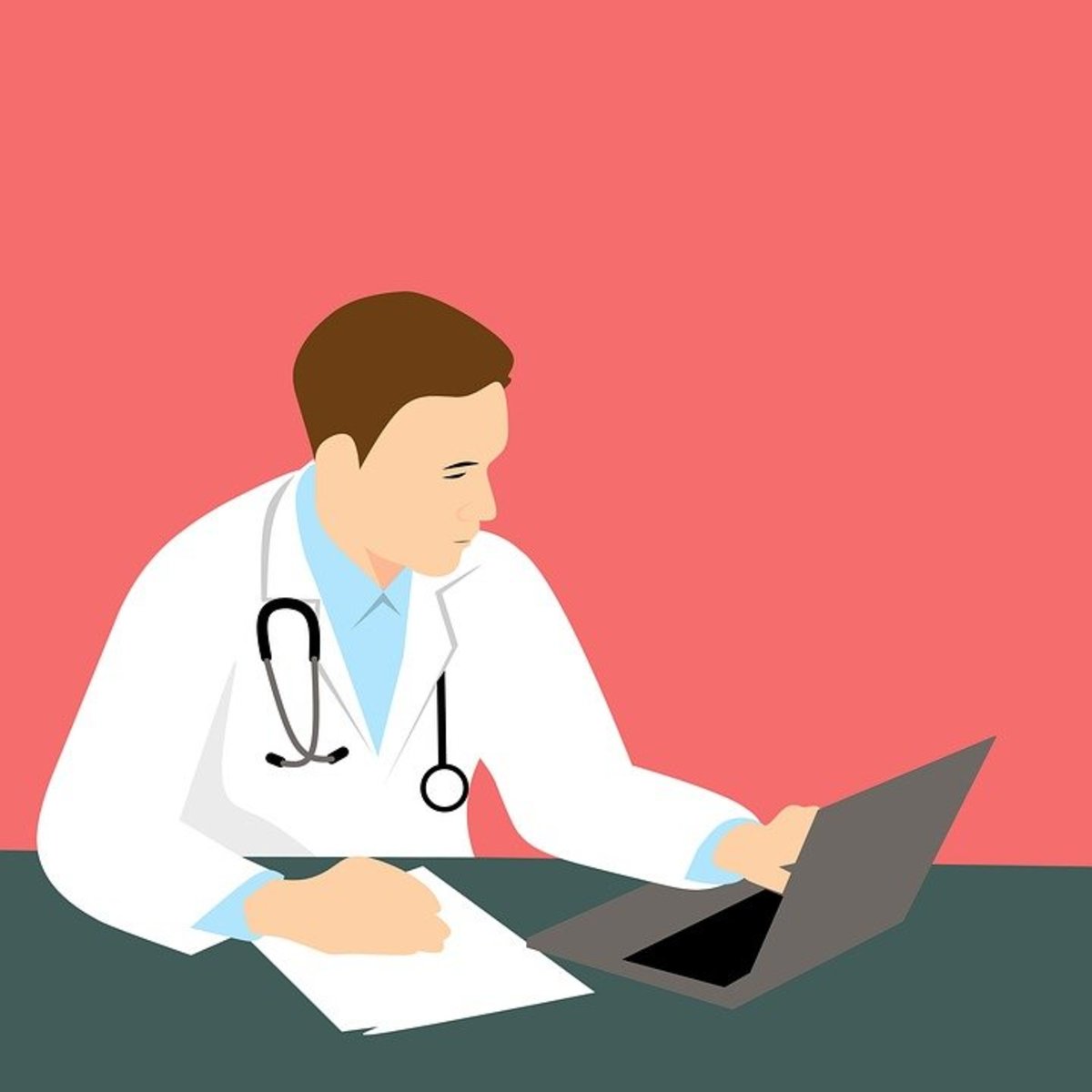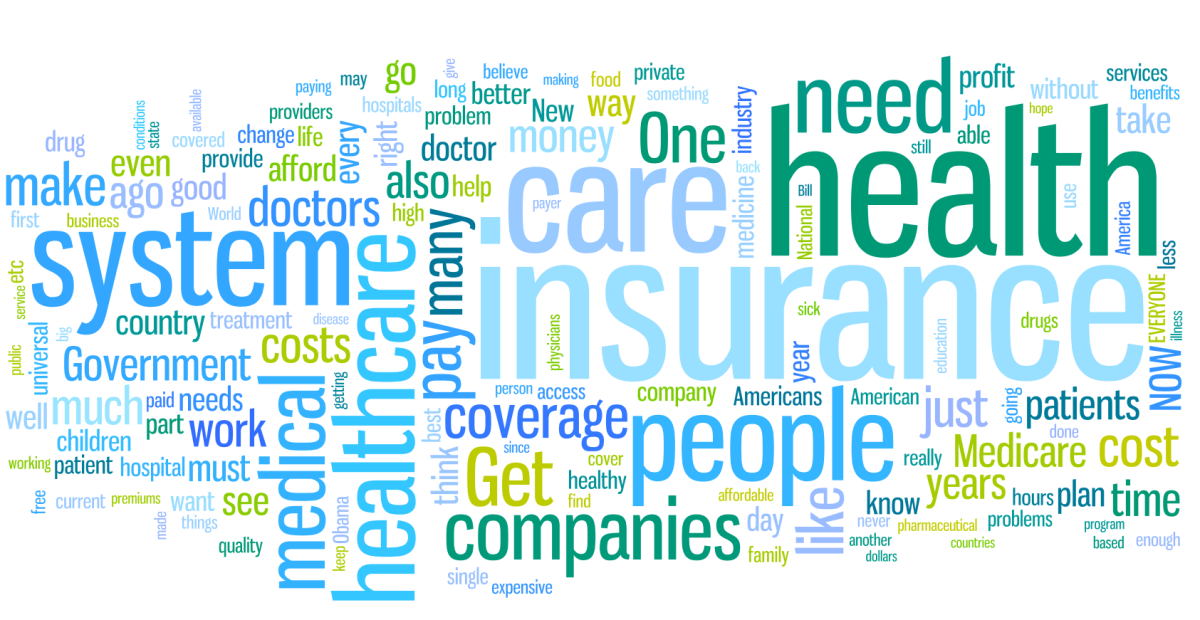The Truths About Health Illiteracy: Part I
What does that mean?
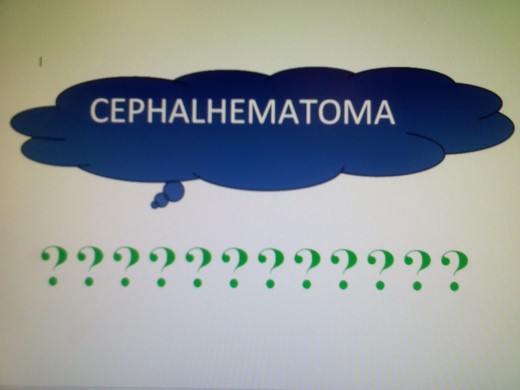
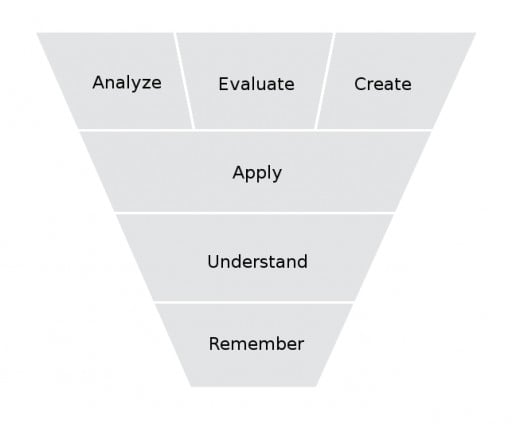
Have you visited the doctor and he or she answered your question using what seems to be a foreign language to you? You inquired further, but then you get some more complicated explanation. You gave up and decided to carry out your own research. You searched the Internet and your search engine, returned tones of information making you wonder which information is valid, reliable and trustworthy. This is all about Health literacy, a very essential factor in effective communication. While we are grateful for the advancement of the health care system and the use of technology in combating health issues found in the world today, a doctor’s visit and Internet searches on some medical condition can raise more questions. One of the problem that exist today, is that there is a disconnect between the health care providers, organizations and their patients. The communication between these entities is lost because each group seems to be communicating in language and terms that they themselves can understand and not anyone else.
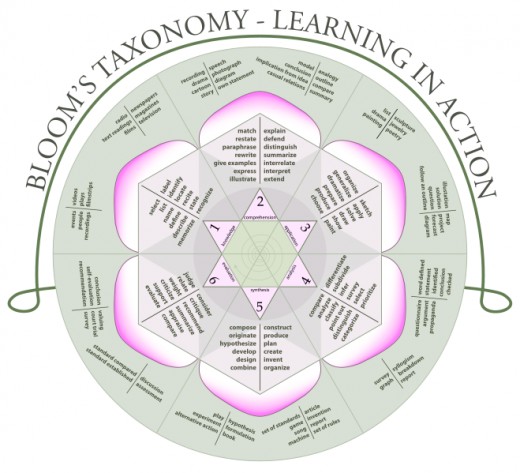
Definition of Health literacy
Healthcare literacy is a very essential factor in ensuring effective communication between healthcare providers and their patients. This has recently captured the attention of health care professionals and health care organizations. As the health care system continues to be more complicated, healthcare literacy becomes complex too. Health care literacy is defined by U.S. Department of Health and Human Services [HHS] (2000), as the ability to “obtain, process and understand basic health information and services that needed to make appropriate health decisions.” Health literacy is increasingly becoming a vital component that will help people navigate a complex health system and better manage their own health (HHS, 2000).
There is also the functional Literacy which is defined by Jacobsen (2008) as the ability to understand written words well enough to complete the task, and educational level measured by number of years of completed education. The functional literacy has significant impact on health. Many healthcare providers do not assess patient's functional literacy and rarely do they encourage providers to address the identified limited knowledge capabilities. According to research, limited healthcare literacy has been strongly associated with minorities, the elderly, those living in lower social economic status and the female gender. The breakdown in communication can happen easily within these settings i.e. when the clinician fail to realized that the elderly patient may have memory and vision loss, and may necessitate the clinicians to do more than just give verbal instructions. The language barriers, different cultural norms e.g. questioning authority (physician) can shut the patients off from discussing medical history or asking questions about their situations.
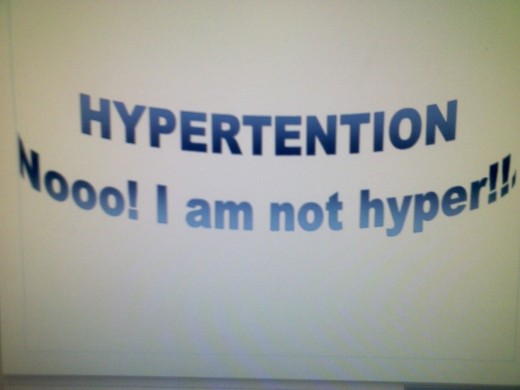
The effects of health illiteracy
1. Wrong health practices
Patient health illiteracy has been considered as one major fact that hinders health education and promotion. The lack of knowledge in health related programs is a major hindrance to access to health care and has prevent people from practicing primary, secondary and tertiary prevention. According to Zahnd, et, al., (2009), health literacy is the most self-reported predictor factor than education, race, age and demographic characteristics. Individuals with limited knowledge lack understanding on what they should do in order to prevent themselves and their families from contracting preventable diseases. A good example is prevention against sexual transmitted diseases. A simple practice of condom use could prevent HIV transmission; but then people give various excuses as to why they do not want to engage in that method of prevention. Reasons ranges from blaming the other partner or being accused for infidelity, may not obtaining full pleasure or that they ‘love’ and ‘trust’ their significant other and therefore no need to take any precaution. The other wrong practices include people taking long before seeking medical attention, not finishing the prescribed dosage and sharing medicine with others whom they think they have the same health conditions. At home, people with limited health literacy cannot comprehend the proper chemicals storage instructions thus put themselves and their young ones at a higher health and safety risk.
Limited literacy limits the patients in understanding prescriptions, food labels and ingredients, health education materials, doctor’s appointment instructions, health insurance policies, preventative self-exams and screening e.g. Pap smear and mammogram. The use of medical terms like “hypertension” might mean something else like ‘hyper’ for the patient and yet that is not the intention of the health provider. This shows there is a greater need for health care provider to identify these limited literacy cues and provide further explanation to the patient probably using a different simple approach.
2. Health Inequities and poor health choices
Limited literacy is causing health inequalities and fundamental injustices in the healthcare system. It also dates back to 1950s when the tension began especially with medical education between the teaching of science-based clinical skills and the development of communication skills (The Joint Commission, 2009). The factors that have been associated with limited health literacy is advancement in age, minorities, few years of formal education, female gender and those with low social economic status. Low literacy also influences the mental and physical health. People who live in rural areas are the most vulnerable, because most of them are older, have limited or underinsured, lack access to health care and may not be in the priority list for any transplants. People with limited knowledge visit grocery stores and do not take time to read the food labels before purchasing items, because they cannot understand them in order to purchase healthy foods. Also, they may not comprehend doctors instructions on the prescription and might chose to do what they think is appropriate.
3. Poor health outcomes
According to Volandes and Paashe-Orlow, (2007), there is a strong correlation between limited literacy and poor health outcomes. There are more than one in three adults in the United States, roughly 77 million people, who lack sufficient degree of health literacy to interpret an over-the-counter drug labels, know when a child should receive a vaccine, or use a body mass index chart (HHS, 2007). This is also the powerful predictor of people health status behaviors. People with limited health literacy are more likely to report poor health, have an incomplete understanding of their health problems and treatment, and be at greater risk of hospitalization.
4. Will cost more
When a person does not understand the severity of the health condition at hand, he or she will delay getting the required medical attention that is needed. By the time he/she makes that decision, the condition may have advance to some incurable stages thus causing that particular patient to spend more money, and several visits to health specialists to try and take care of the condition. According to HHS (2000), the average annual health care costs of persons with very low literacy is four times greater than for the general population; an estimated 75 percent of persons in the United States with chronic physical or mental health problems and with chronic conditions such asthma, hypertension, and diabetes are in the limited literacy category.
Reference
Jacobsen, K.H. (2008). Introduction to global health. Sudbury, Massachusetts: Jones and Bartlett Publishers.
The Joint Commission. (2009). “What did he doctor say?” Improving health literacy to protect patient safety. Retrieved from http://www.jointcommission.org/nr/rdonlyres/d5248b2e-e7e6-4121-8874- 99c7b4888301/0/improving_health_literacy.pdf
U.S. Department of Health and Human Services. (2000). Health People 2010: Access to quality health services. Retrieved from http://healthypeople.gov/document/html/volume1/01access.htm
U.S. Department of Health & Human Services. (2007). Progress review: Health communication Retrieved, from http://www.healthypeople.gov/data/2010prog/focus11/
Volandes, A. E. & Paashe-Orlow, M. K. (2007). Health literacy, health inequality and a just healthcare system. [Electronic Version] The American Journal of Bioethics, 7 (11): 5 - 10. DOI: 10.1080/15265160701638520 http://www.entarga.com/orgchange/lewinschein.pdf
Zahnd, W.E., Scaife, S. L., & Francis, M. L. (2009). Health literacy skills in rural and urban population. [Electronic Version] American Journal of Health Behavior, 33 (5), 550 -557.


